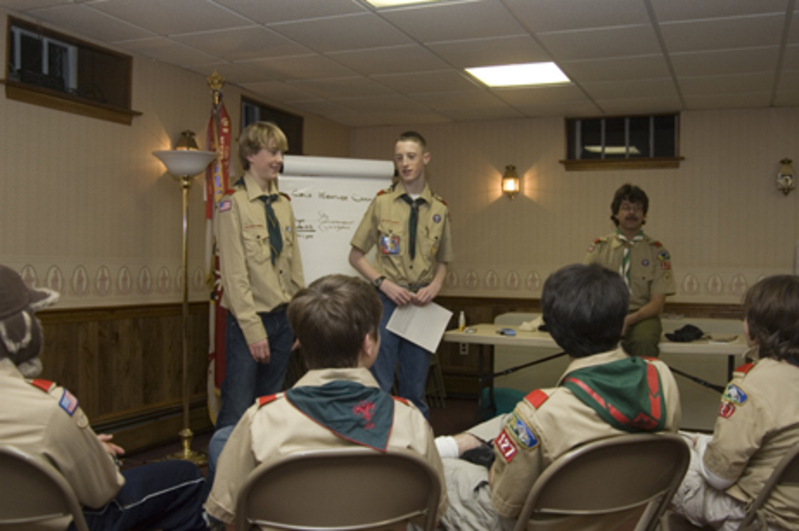
Troop Meetings
- No matter what his age or experience; the SPL runs the troop meetings. Adults should, ideally, be outside the room. Several times adults of new troops have told me they will wait until the scouts are mature enough to take responsibility to run meetings before they let the SPL plan and run it. But all scouts to some degree can run a meeting. The sooner your program starts developing the habits of a boy run program, the faster everyone learns how to make changes towards a boy run program.
- It’s not the job of the adults to take the responsibility for the scouts, but to guide the scouts in their responsibilities. The more the adults take responsibility for troop management, the harder it becomes for them to hand that responsibility back to the scouts, and it takes all that much longer for the scouts become accustomed to shouldering this responsibility.
- The PLC and SM must look at troop activities, situations, and meetings and ask, “If the adults weren’t here, could this part of the program still run with only the scouts?”. When you say no, it’s time for the SM to work with the PLC to develop habits that would bring the troop to that point. It’s a slow process–solid boy-run programs take months and years to develop, not days or weeks.
- The SPL runs the Troop, so there is no reason for an adult to assume the role for any reason. Any concerns by adults should be addressed through the SM and SPL. Adults are allowed to guide, to suggest, to coach–but not to do scouts’ jobs for them. It’s very difficult for adults to keep from helping scouts (out of a sincere desire to be helpful and friendly).
- All behaviors, good and bad, are the scout’s responsibility. Most boy-run programs have very few behavior problems where adults need to get involved. That’s because each scout is held responsible by all the other scouts. Until safety becomes an issue, the PLC should be held responsible for taking care of bad behavior. The PLC should also report misbehavior to the SM so he can talk with the scout if needed. That is one of the Scoutmaster’s jobs. Bad behavior should be seen as an indicator of a scout needing guidance. Too many adults see bad behavior as an embarrassment of their program, rather than a part of the program–but if scouts were perfect, why would we need the Oath & Law? Adults must be passive in their guidance, but fearless in their objectives.
- Adults should never lead a group of scouts. I am always amazed watching adults lead their troop around at summer camps and camporees. Scouts are the leaders, let them lead. I can’t imagine anytime where the adults should take the lead. If you can’t trust the scouts, then something needs to change. The adults’ place is well behind the scouts. (I am also amazed at summer camp when I see troops that don’t trust their scouts to get to merit badge classes without adult guidance).
Troop Program Resources – games, SM minutes, forms, glossary, and more.
Troop Program Planners – These downloadable/printable pdfs (volumes 1-3) are a good starting point for your SPL, ASPL, Troop Guides, and Adult Leaders to better understand the programs, planning, and merit badges.
Youth Info – items like summer job opportunities, camping equipment, youth publications, and more.
